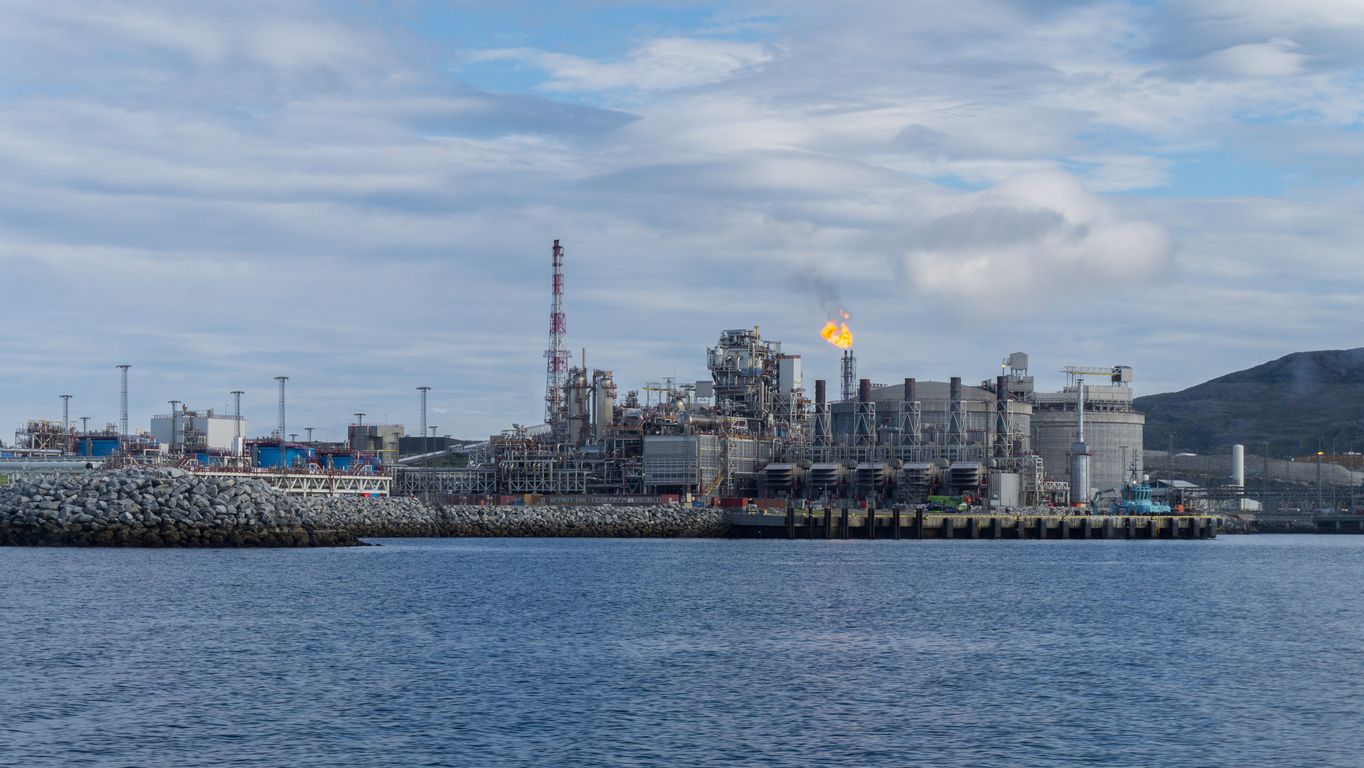The fracked gas industry says they’ve got a magic trick up their sleeve: They’re going to take harmful, climate-polluting fracked gas and turn it into a climate solution. We won’t be fooled -- it’s all just an illusion.
As the Biden administration and governments around the world are looking for investments that will help the world transition off of dirty fossil fuels and create a clean, renewable energy economy, the fossil fuel industry is getting nervous. Fracked gas companies -- which want to build more than 20 facilities to ship liquefied fracked gas to European and Asian markets -- are trying not to get left behind, so they’ve come up with new ways to try to convince buyers that what they’re selling is clean, a dirty marketing trick known as “greenwashing.”
Take NextDecade’s planned Rio Grande LNG export facility near Brownsville, Texas. Last fall, the French company Engie pulled out of negotiations for a 20-year contract with NextDecade, in part because fracked gas from West Texas’s Permian Basin didn’t conform with France’s climate goals. A few months later, NextDecade announced a new plan to add carbon capture and storage (CCS) to the Rio Grande LNG project.
They’re not alone: A growing number of LNG operations, from the Rio Grande Valley of Texas to Plaquemines Parish, Louisiana are making similar announcements about plans to add CCS to proposed Gulf Coast LNG export facilities. But communities along the coast have quickly seen these announcements for what they are: a desperate attempt to greenwash these dangerous and polluting projects.
Nothing will change the fact that fracked gas is a dirty fossil fuel, including the use of carbon capture and storage. Methane, the primary component of fracked gas, is a greenhouse gas 87 times more powerful than carbon dioxide over a 20-year timeframe, and a major contributor to the climate crisis. Turning gas into a liquid is highly energy intensive, and the export terminals plan to build their own power plants that burn fracked gas. They claim that adding CCS to these facilities would decrease emissions (even though the process will increase total energy consumption by 30 percent), but there are more than a few problems with this plan.
When it comes to LNG production facilities, CCS is an expensive and unproven technology, and it remains unclear if any of these companies could actually make it work. But even if it worked as well as they claim, it still doesn’t address the whole purpose of these LNG projects: to ship fracked gas somewhere else to get burned. These touted CCS projects only address emissions from the liquefaction process itself, and would do nothing to change the massive amounts of methane and carbon emitted when fracked gas is extracted from the Permian shale, transported to the Gulf, and eventually combusted overseas. Even worse, there is a strong likelihood that a majority of the carbon from these proposed projects would be piped back to the oil fields and used to extract even more polluting fossil fuels, undermining any benefits of capturing the carbon in the first place.
Regardless of the fossil fuel industry hype, CCS can’t change the fact that drilling for oil and gas is driving the climate crisis and threatening the health and safety of the communities forced to live near their fracking sites, pipelines, refineries, petrochemical plants, and LNG export terminals. And it can’t change the fact that supporting fracked gas exports would be totally inconsistent with the Biden administration’s ambitious agenda to tackle the climate crisis and environmental injustice. It also can’t erase the hypocrisy of countries like France and Ireland, which have banned fracking at home, but continue to import LNG from communities in the US that are harmed by the fracking industry.
The Biden administration must ignore the fossil fuel industry’s sleight of hand and recognize the true climate impact of fracked gas throughout its life cycle. Taking meaningful action for climate justice means investing in clean, renewable energy, not supporting and subsidizing any dirty fracked gas facilities that pollute our communities and our climate.
